Shamanic substances are medicines administered by a trusted and legitimate practitioner for the purpose of physical and spiritual wellbeing. In a way, shamans are a lot like doctors, but they depend less on procedures and synthetic chemicals/drugs, instead they opt for more natural and holistic approaches; favoring to journey with the ill person, so that the experience can be guided and as rewarding and fulfilling as possible.
Traditional shamanic sacraments include: the jungle brew, Ayahuasca; Yopo; Psilocybin Mushrooms; Iboga; Amanita Muscaria; Datura; Peyote; and the like. Even Cannabis can be used for healing purposes. Keep in mind, even in the developed, secular, Western world, cannabis is noted for its medical benefits, in addition to how fun and inspiring it can be.
But now, a new cast of substances are beginning to be considered “sacramental.” Substances like LSD, DMT, MDMA, Mescaline, Ketamine, and similar compounds, produce effects similar to that of traditional medicines, mainly because these newer compounds are just the medicines’ active compounds, synthesized. Granted, using “artificial” chemicals to induce transcendental states is technically non-traditional, but as long as those states can be reached, and the experience can be guided by either a sober “trip-sitter,” or someone who is well versed in taking sacramental substances enough to handle him or herself on his or her own, then there is no issue. In a way, drugs are a shortcut to states normally reached my sleep/sensory deprivation, fasting, prayer, meditation, breathing exercises, or yoga; so a shortcut to traditional medicines, especially when access to them is difficult in many places, shouldn’t be an issue.
But one substance that continually “gets the shaft,” so to speak, is alcohol. Now, this isn’t typically considered sacramental, in the shamanic sense, for a number of reasons, many of which include lewd behavior and thought processes and becoming violently ill, possibly even coming close to dying. After all, alcohol is just fermented sugar(s), and we all know how deadly sugar can be.
However, people are quick to extol the virtues of booze. Many celebrate it as a way to shake off any inhibitions, social or otherwise, which can be exhilarating and allow one to meet new people and partake in enriching experiences. Of course, the converse is that a person can perhaps become rendered “too sociable” or gets incoherent or even violent, and that those “enriching experiences” can endanger one’s health, security, and reputation. Granted, the risk-taking behavior is another element of getting drunk that people champion. Living outside one’s comfort zone, whether the experience(s) are/is appropriate, are ultimately beneficial to an individual, permitting he or she is unscathed (personally, physically) after it’s all said and done.
Alcohol was once considered “medicine” in Western society, but this was before modern medicine was really developed and when medical ignorance was bliss. But alcohol’s usage was completely unjustified, no. Since alcohol is, well, alcohol, it was used to clean wounds and such. When hygiene wasn’t a priority for medical professionals to pay any mind to, it paid to have a bottle of liquor nearby in case it was needed. Being drunk also helped people undergo harrowingly painful surgeries. The pain hurt a hell of a lot less when the patient was intoxicated, and drinking could potentially allow one to pass out, thereby acting as a discount anesthetic.
And it’s not just former doctors who deemed booze useful, the religious have held certain stiff drinks in high acclaim for centuries now. Particularly Christians. To them, communal wine represents and actually is (depends on which denomination one subscribes to) the blood of Jesus Christ, the messiah. Monks even brewed and drank beer for when they were supposed to fast. And the Christians are likely to have stolen/exercised creative mythological license when they studied the stories of Dionysus/Bacchus, the Greek/Roman god of wine. Among other things. In fact, pagans took to alcohol relatively well since their numbers were smaller and easier to control. With fewer people, rules were easier to have everyone adhere to and this allowed for more beneficial instances of alcohol intoxication. Alcohol was one of the first mind-altering substances humankind encountered. Fermented fruits provided the first spiked beverages, which quickly lead to humans adopting booze as a staple “foodstuff,” prompting continued chemical collaboration.
Terence McKenna, the infamous ethnobotanist and author discussed the role of alcohol in humanity’s history in his book, Food of the Gods. Although the book mostly discusses the role of Psilocybin Mushrooms’ role in our cognitive evolution (making it humankind’s first adopted substance), it also touches upon other substances and our history with them. It mentions how honey was used to store mushrooms, in an effort to preserve them. However, when certain jars/casks were forgotten about, the honey had fermented, providing whomever discovered it with a bounty of mead. Eventually, the psychedelics were swapped out for booze, as the effects were easier to deal with, and being drunk was generally more about feeling good than being introspective.
But can alcohol be restored to its former glory? Can it be considered a sacramental substance like Salvia Divinorum or Hawaiian Baby Woodrose Seeds? Hell, if peoples in areas that yield Kratom and Kava Kava can consider said substances sacramental, when said substances can feel almost identical to being drunk, then why shouldn’t alcohol? Is there any evidence of it being considered on par with typical, paradigm-shifting substances?
Look no further than writer and loveable miscreant, Charles Bukowski. Not only has he described his first experience getting drunk as a teenager has having an “epiphany,” but he has written extensively about booze, since he was known to indulge in it from time to time. One such quote that stood out to me was, “Drinking is an emotional thing. It joggles you out of the standardism of everyday life, out of everything being the same. It yanks you out of your body and your mind and throws you against the wall. I have the feeling that drinking is a form of suicide where you’re allowed to return to life and begin all over the next day, it’s like killing yourself, and then you’re reborn. I guess I’ve lived about ten or fifteen thousand lives now.”
Adopting this approach to drinking is ultimately the most beneficial course of action for us, if we ever hope to see booze “reinstated” as a sacramental substance. We are a species that drinks out of boredom, drinks to make exciting things even more enjoyable, drinks when depressed, and drinks to celebrate. Alcohol is a multi-purpose tool that has just been misused as of late. Keep in mind, substances like Cannabis and LSD can be misused, even with good intentions. MDMA can cause harm to a user if done incorrectly. It’s all about education.
In the United States, in particular, hedonism is celebrated above all else, in regards to intoxication. Getting fucked up for the sake of being as messed up as possible is not the way to handle alcohol if one has other designs in mind. Look at Europe, for example. They have laxer alcohol laws, and, a culture that actually values the drink for what it is; like Italians taking time to appreciate the taste of wines. This attitude is starting to make some headway in the craft beer circles, particularly because being involved in the preparation of beer enables one to genuinely appreciate it, that, and there is a fair amount of “stoner mentality” when it comes to craft beer. Hell, hops are in the cannabis family…
By embracing traditional sacramental substances, we can develop an understanding of how we should approach and repurpose alcohol. Sure, it can be fun, but solely having fun with a substance makes it devoid of any sort of utility. By integrating time-tested methods of dealing with intoxicating medicines into our philosophy of drinking, we can engender a healthier and more responsible populace, who drinks to better themselves and the world around them.

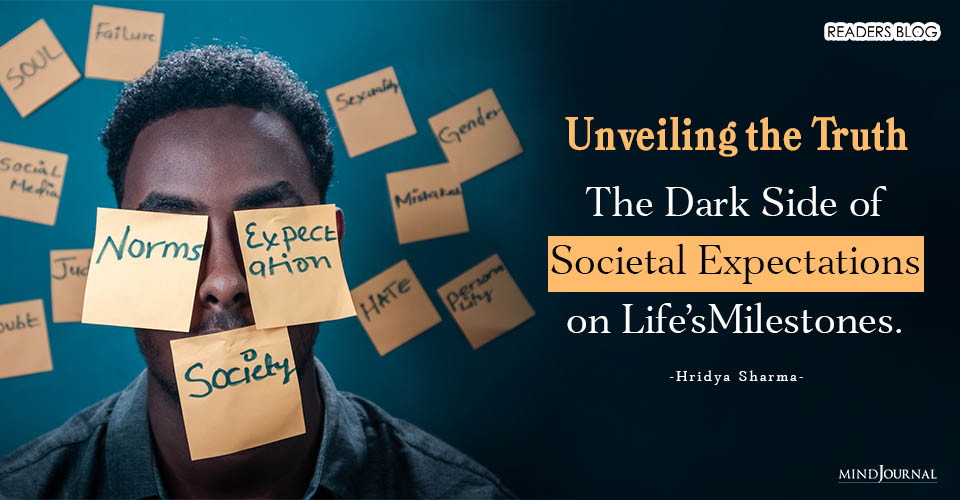
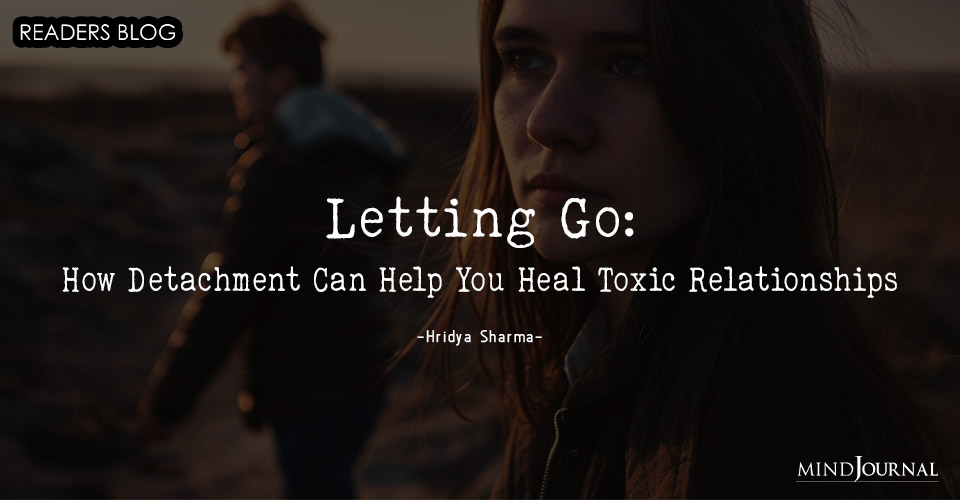
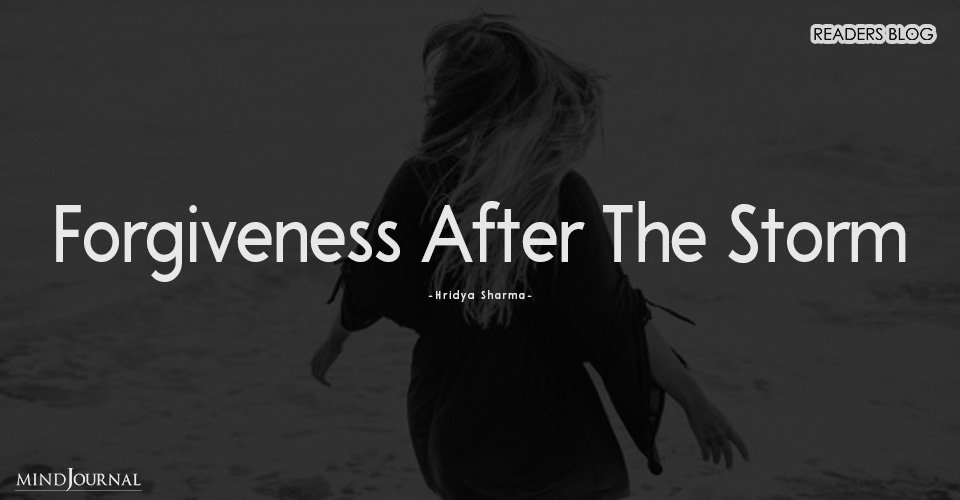
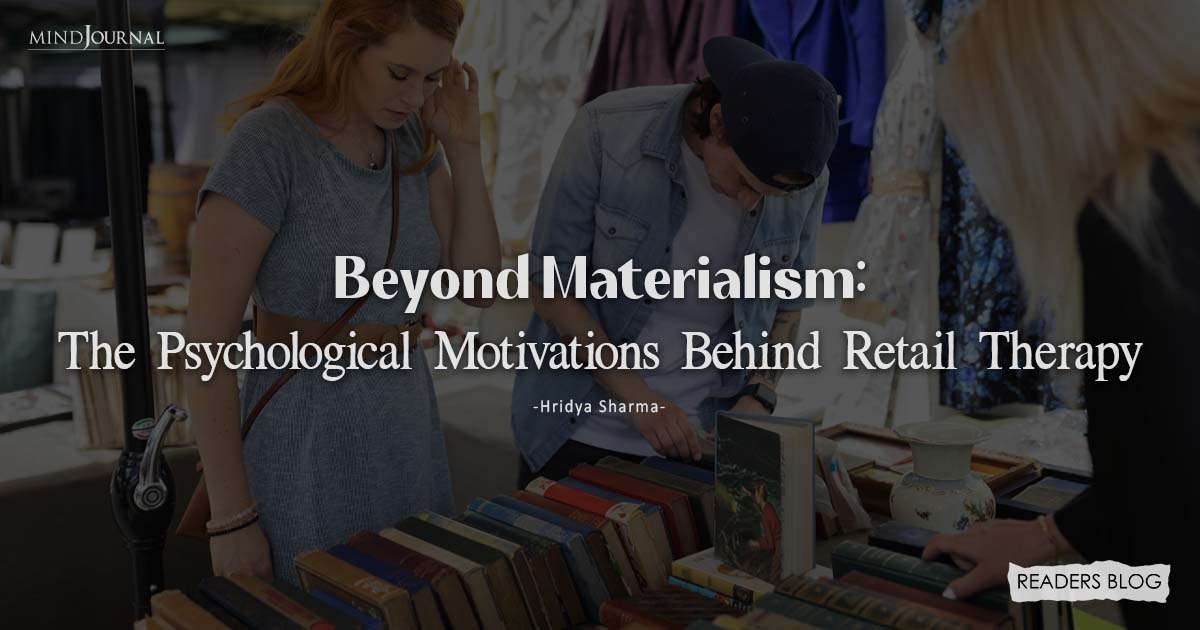
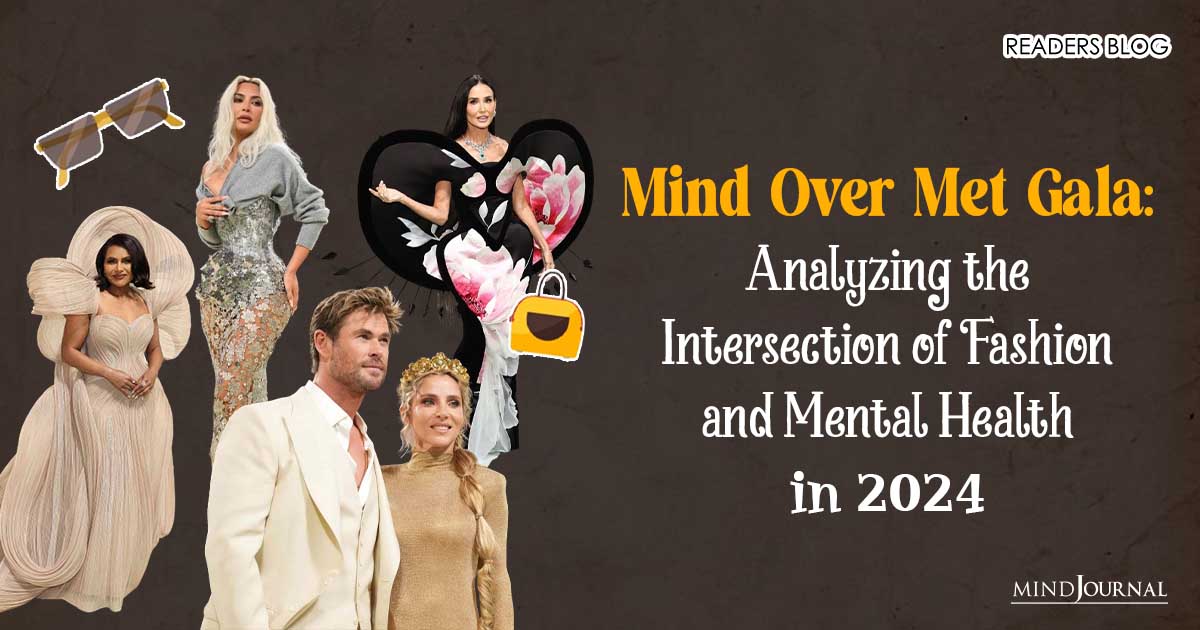
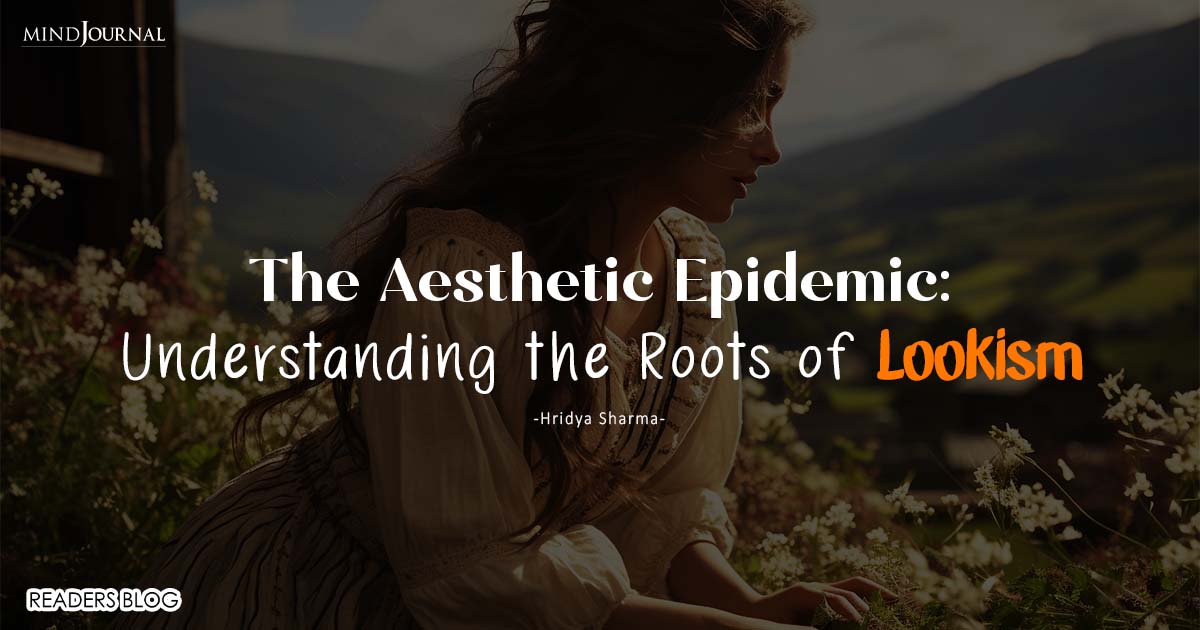

Leave a Reply
You must be logged in to post a comment.